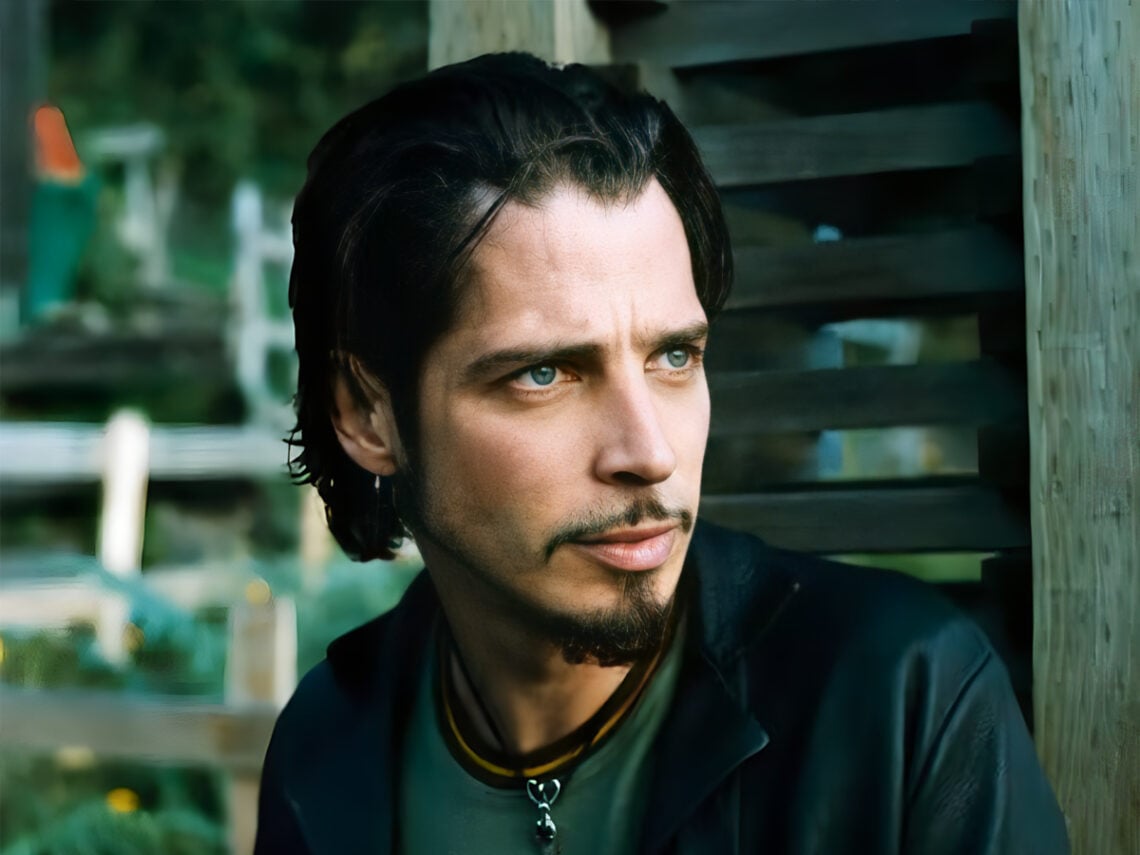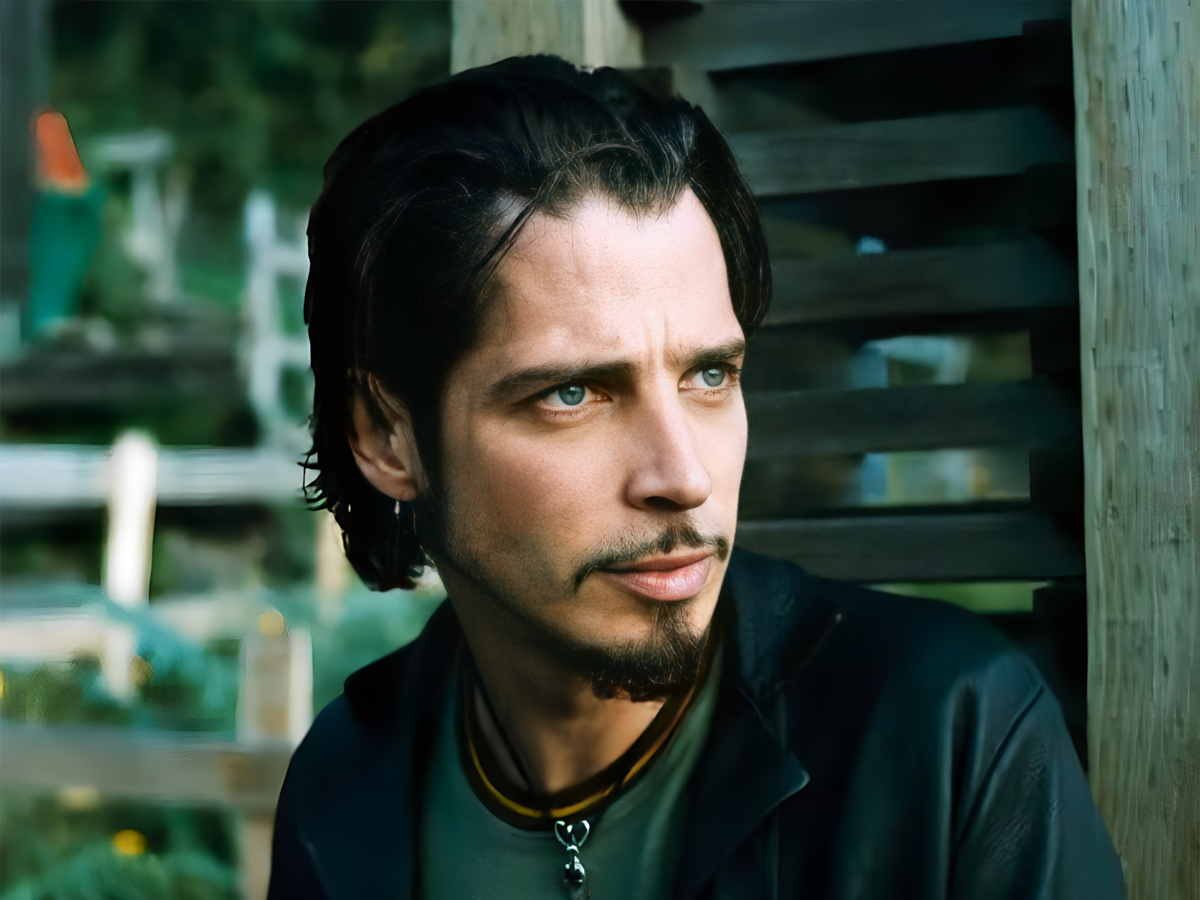
(Credits: Press)
Thu 5 June 2025 19:01, UK
Every single musician has a choice to make the minute they get famous. No one gets into the music industry knowing that they’re going to have to sell their soul, but the minute that someone sees them as one particular thing, it’s only a matter of time before they’re asking you to do the same schtick over and over again whenever you go onstage. Chris Cornell had many facets to his musicianship, though, and he wanted the opportunity to explore every single sonic avenue he could during his lifetime.
Then again, Soundgarden was already a perfect outlet for Cornell to go against the grain. They had already had the grunge tag thrust upon them half the time, but there was a lot more going on with their music that ranged from classic rock to hardcore punk to even progressive music in places, given their interest in alternate tunings and strange time signatures throughout their albums.
Even when Cornell decided to close up shop for a while, Audioslave was a clear sign that things weren’t going to be the same old grunge schtick. Tom Morello had become his new partner in crime by using strange effects on some of their greatest tunes, and instead of the traditional hard rock intensity, there’s almost a soulful element to the way that he sings tracks like ‘Like A Stone’.
Did every single experiment work? Not really. Scream is the kind of record that may have worked well for one record, but the idea of him trying his hand at being the hard rock answer to Justin Timberlake wasn’t going to please the fans who only wanted to hear him play an acoustic version of ‘Seasons’ or scream his lungs out to ‘Spoonman’ or ‘Cochise’.
Right as Soundgarden was breaking up, though, Cornell wanted to take things down a notch. He had spent years trying to be the next great rock and roll frontman, but listening to Euphoria Morning sounds like a cross between everything from Joni Mitchell to the acoustic side of Led Zeppelin. At its core, the record reminded everyone that Cornell was a songwriter before anything else, and that mattered more to him than any of the gimmicks he saw from other bands.
He had already been brought up in the era when everyone was tired of hair metal, but Cornell said that he was glad to avoid any kind of traps that he saw people like Alice Cooper fall into, saying, “I saw Alice Cooper on Jay Leno, and I instantly thought, ‘Thank God I didn’t create some character when I was 22 that I have to keep emulating in my 50s.’ Whatever’s going on in my new record that feels more adult is totally natural. You can always destroy everything.”
Then again, what makes Cooper so special is how he’s able to slightly twist his identity every time he comes out with a new record. Most fans know that they are going to be in for a blood-soaked good time whenever he gets onstage, but listening to his albums through the years, he always knows how to fit into the modern climate, whether that’s working with artists like Slash on Along Came A Spider or embracing genres like industrial on Brutal Planet.
Cooper may not have been as one-note as Cornell had thought, but both of them at least knew the importance of making something new over time. Anyone can fall victim to being a one-trick pony, but it takes true professionals to take a risk on something they don’t know will sell and walk away with fans willing to go down whatever new direction they are looking to go in.
Related Topics
Subscribe To The Far Out Newsletter
